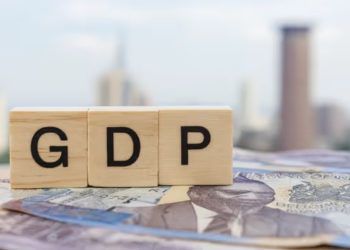Kenya’s capital markets are often ranked among the most advanced in Africa. From equities and bonds to ETFs and REITs, the Nairobi Securities Exchange (NSE) offers a wide range of instruments. Yet despite this, retail participation remains shallow, a missed opportunity for both individual wealth creation and national economic growth.
The barriers are familiar, limited financial literacy, low awareness of available products and the perception that capital markets are risky or only meant for the wealthy. Many Kenyans still gravitate toward land, SACCOs or informal savings, often ignoring the liquidity, transparency and potential returns available in listed instruments.
This under-participation has consequences. Thin market depth reduces liquidity, increases volatility and slows capital formation. It also means that many ordinary savers miss out on dividends, bond yields and the compounding effect that capital markets can generate over time. Without broad participation, the market risks becoming the preserve of a few institutions and foreign investors.
Encouragingly, signs of change are emerging. Technology-driven trading platforms, mobile apps and simplified onboarding processes are starting to attract younger investors. The Capital Markets Authority and the NSE have also been running investor education campaigns, seeking to demystify listed products and build confidence. Meanwhile, ongoing reforms to strengthen investor protection and enhance market accessibility could unlock broader participation.
The real opportunity lies in democratization. A vibrant retail investor base would provide the NSE with much-needed liquidity, reduce reliance on foreign investors and unlock domestic capital for national projects. For individuals, even modest investments can deliver steady returns and diversify risk compared to traditional savings methods. The rise of collective investment schemes, unit trusts and exchange-traded funds provides easier entry points for those who may not be ready to pick individual stocks.
Kenya’s capital markets are not an exclusive club. With the right knowledge, discipline and regulatory support, retail investors can transform them into a gateway for long-term financial growth. For the economy, deeper retail participation means stronger capital markets, more resilient funding for businesses, and reduced vulnerability to external shocks. For individuals, it means turning savings into wealth, one share, one bond, one REIT unit at a time.
















